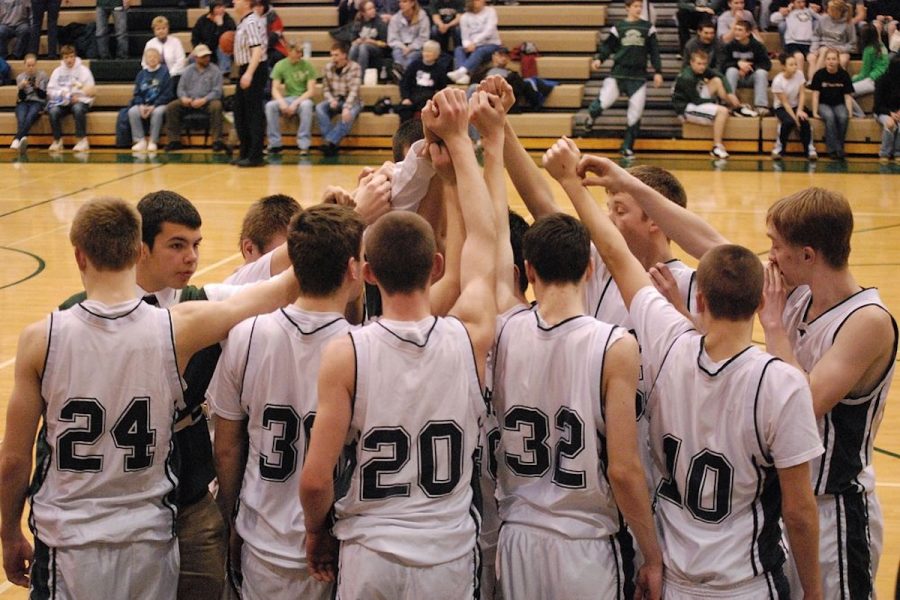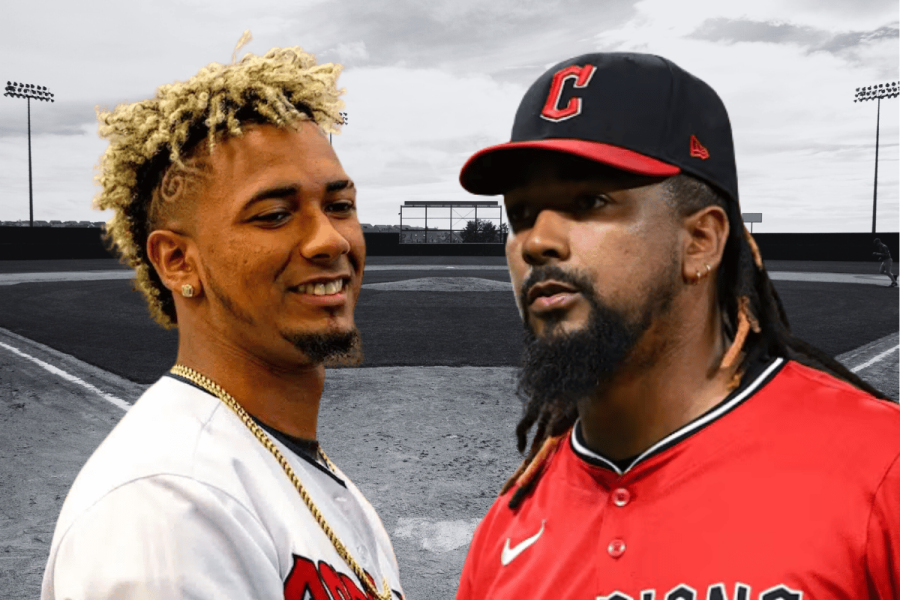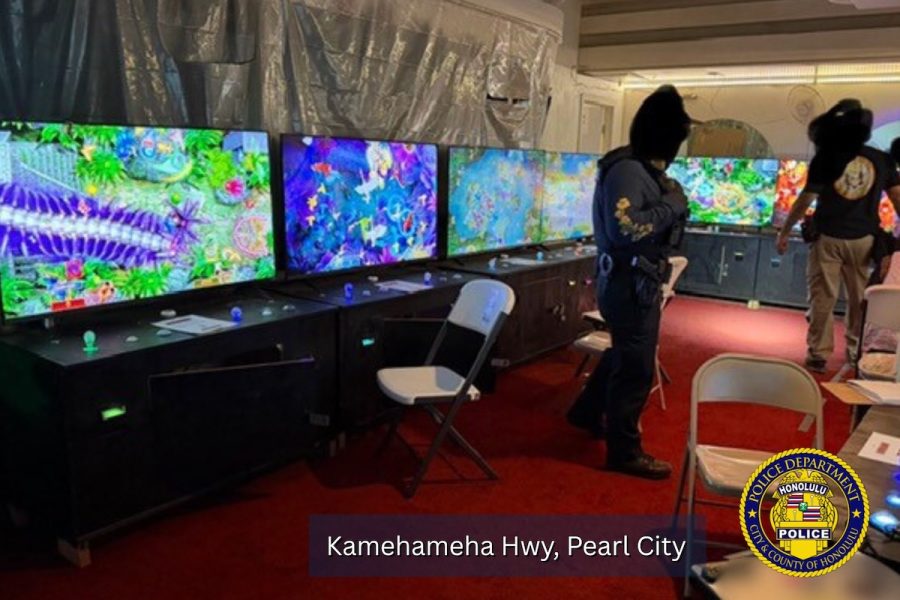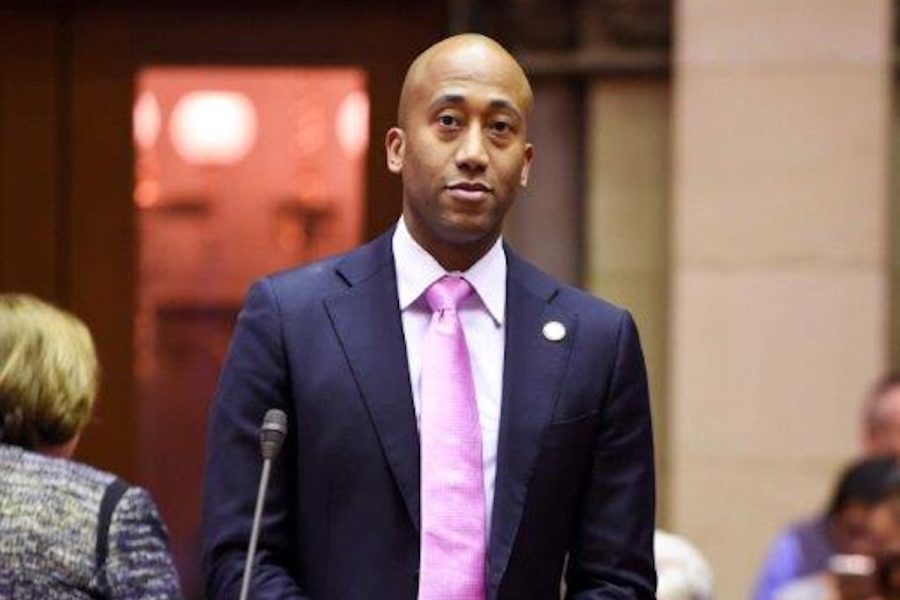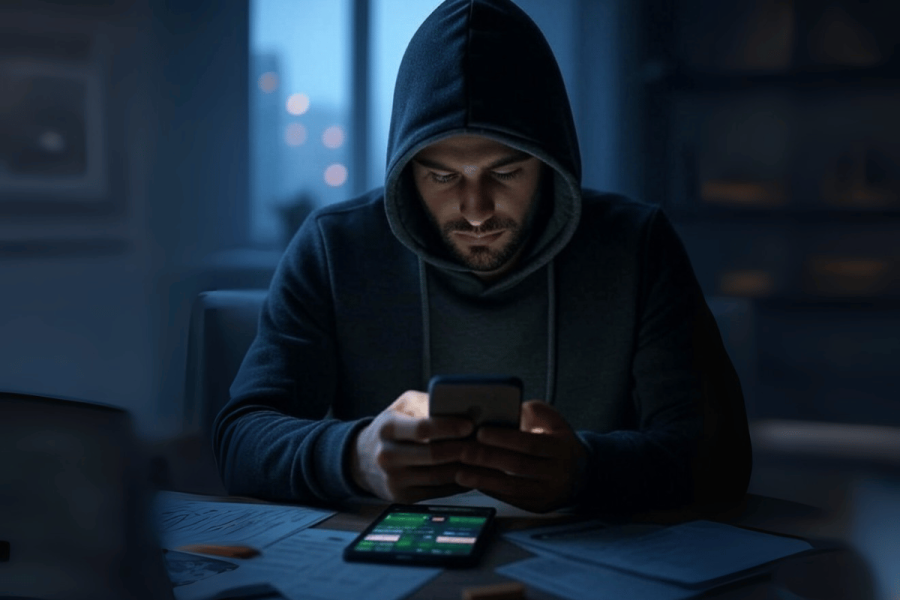A shadow has fallen over college basketball, with six former student-athletes expelled from their universities after a sweeping investigation into NCAA betting violations. The infractions, uncovered by the NCAA Committee on Infractions, reveal a disturbing pattern of compromised integrity and a betrayal of the principles of amateur sport.
The cases, originating from New Orleans, Mississippi Valley, and Arizona State, appear unconnected, yet share a common thread: deliberate breaches of rules concerning sports betting and the sharing of confidential information with individuals involved in wagering. Each investigation exposed a willingness to risk everything for potential financial gain.
Beyond the initial betting violations, a deeper layer of deception emerged. All six athletes – Cedquavious Hunter, Dyquavian Short, Jamond Vincent, Donovan Sanders, Alvin Stredic, and Chatton “BJ” Freeman – actively misled NCAA investigators, compounding their offenses and demonstrating a profound lack of accountability.
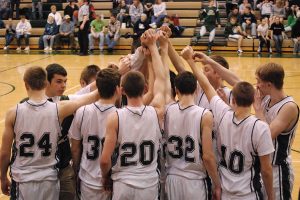
The initial spark for the investigation ignited in February 2025, stemming from a crucial tip-off regarding potential game manipulation. The focus quickly landed on a December 28, 2024 game where Dyquavian Short allegedly instructed a teammate to curtail his scoring, a blatant attempt to influence the outcome.
Further scrutiny of communications revealed a chilling scheme. Texts recovered from the phones of Hunter, Short, and Vincent indicated they anticipated a $5,000 payout for their involvement in manipulating the bet. The stakes were high, and the consequences, ultimately, devastating.
The investigation didn’t stop there. A separate review at Mississippi Valley, prompted by the New Orleans case, uncovered suspicious activity surrounding a January 6th game. This led investigators to Donovan Sanders, who was found to have openly discussed “throwing a game” with an outside party.
Sanders and Alvin Stredic later confessed to being offered money to deliberately underperform during the first half of the game. The temptation proved too strong, leading them down a path of deceit and ultimately, expulsion. The integrity of the game itself was directly challenged.
The final case centered on Arizona State’s Chatton “BJ” Freeman, who allegedly provided insider information to a student-athlete at Fresno State on four separate occasions between November and December 2024. This breach of confidentiality further underscored the widespread nature of the violations.
The NCAA has permanently barred all six athletes from future reinstatement, effectively ending their collegiate athletic careers. These cases serve as a stark warning: the pursuit of illicit gain will not be tolerated, and the sanctity of fair play must be fiercely protected.
